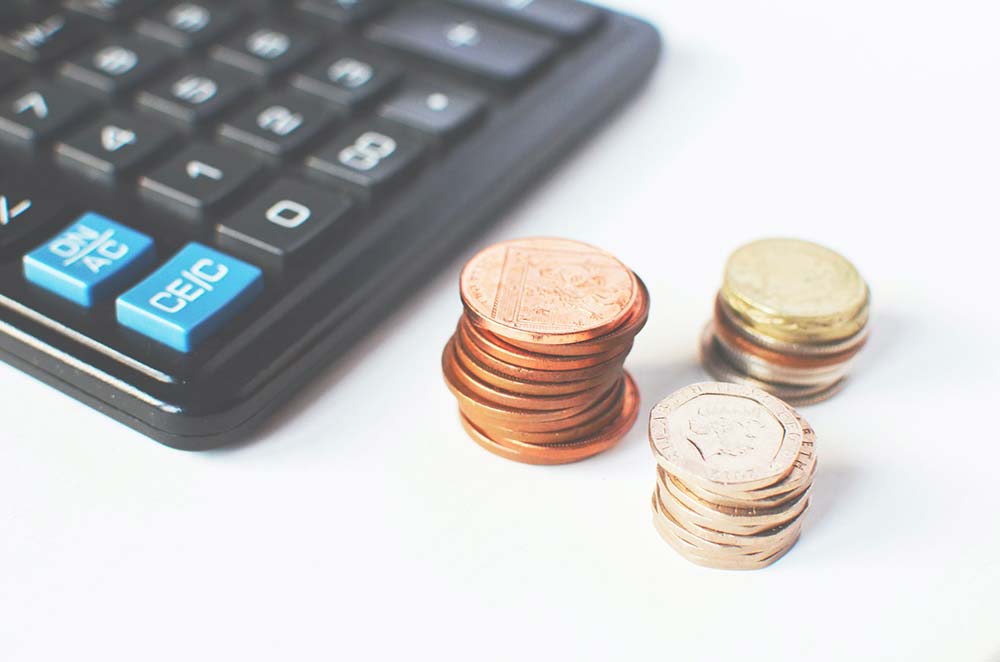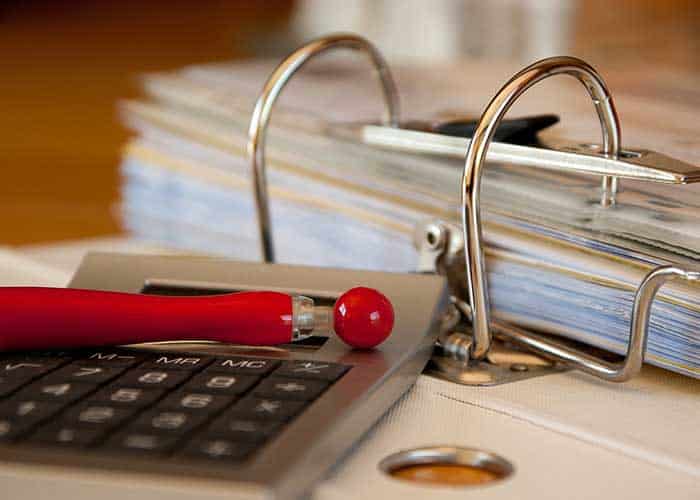Is your bank account often in the red? It’s been more than two years since you last went on vacation? Can’t control your money anymore? What if one of the main causes of your problem was poor management of your personal budget? Thanks to the few tips given in this article, you will learn how to manage your personal budget like a pro.
Summary
The benefits of budgeting
Managing your budget cannot be improvised. This requires learning and applying several tips, such as those offered on the site to optimize your budget. By making your budget, you will know your expenses better and you will tend to eliminate all that is superfluous. You will also know at all times where you are and you will be better able to save.
To make your budget, you can use one of the many tools available on the Internet. But you also have the option of using Excel. First list all your cash inflows: your salary or wages, the rents you receive if you rent out your second home, the allowances you receive, etc. Also make a list of your expenses and other cash outflows. Divide this second list into two: fixed expenses and those that are variable. The first category includes all the cash outflows that you must make each month, such as:
- Rent ;
- Energy ;
- Loan repayments;
- Insurance;
- Mutual;
- Food ;
- Mobile phone plan ;
- Essence ;
Variable expenses correspond to those whose amount can be changed. These are clothing, entertainment, shopping, etc. The difference between money coming in and money going out is what you have left at the end of the month.
Change your habits
Once you have established your budget, calculate the percentage that each item takes up in your budget. This will give you a better insight into its importance. What is the share of your variable expenses in your budget? Are they too high? Try to distribute your expenses in order to better control them and free up money to build up an emergency kitty and savings. You can, for example, put:
- 50% of cash inflows for your fixed expenses;
- 30% for your variable expenses;
- 10% for the emergency kitty or to make a large purchase;
- 10% for savings.
To stick to your budget, you need to change your habits. Avoid using your credit card when shopping as much as possible. With cash, you’ll be more aware of how much you’ve spent. Reduce unnecessary expenses. Instead of ordering pizza every weekend, learn how to make it. Avoid impulse spending by setting a cap on each cash outflow.
Manage your bank accounts
Managing your personal budget also includes managing your bank accounts. Here are some tips that can help you better manage your accounts:
- Compare banks to choose the one that offers the best rates. Be aware that bank charges can vary considerably from one institution to another.
- Consult your accounts on a regular basis to be able to anticipate a possible overdraft.
- Write down all the checks you issue in a notebook to ensure that there is enough in your accounts when the checks are cashed.
- Avoid overdrafts.
- Use your bank’s website or apps to view and manage your account.




